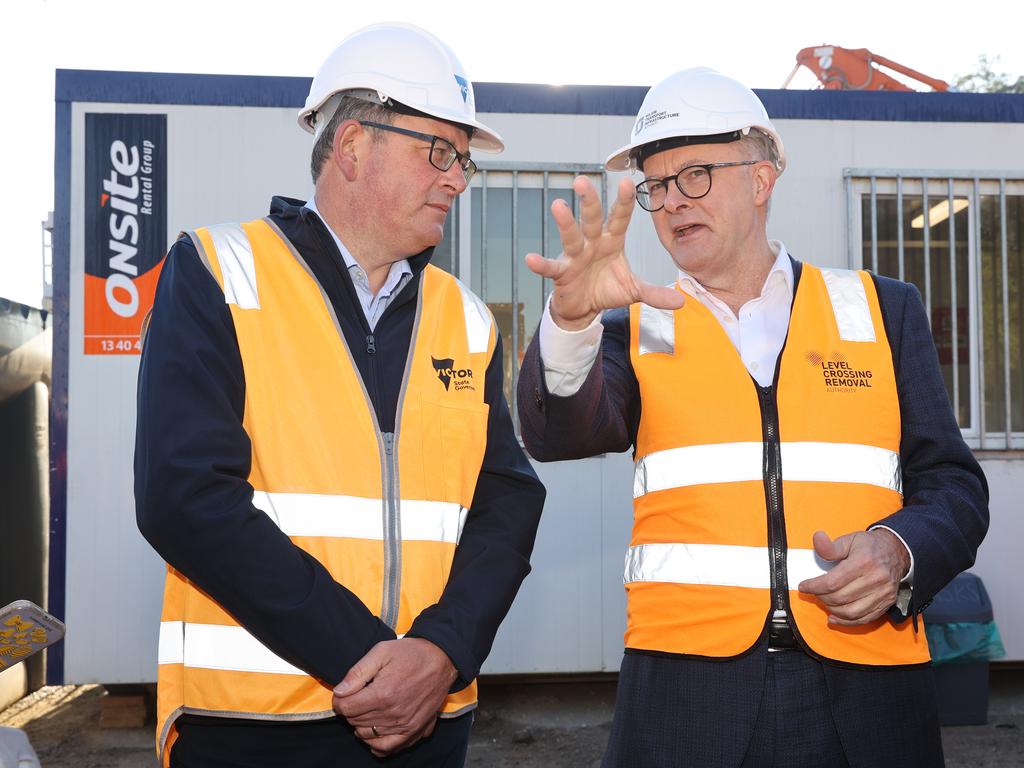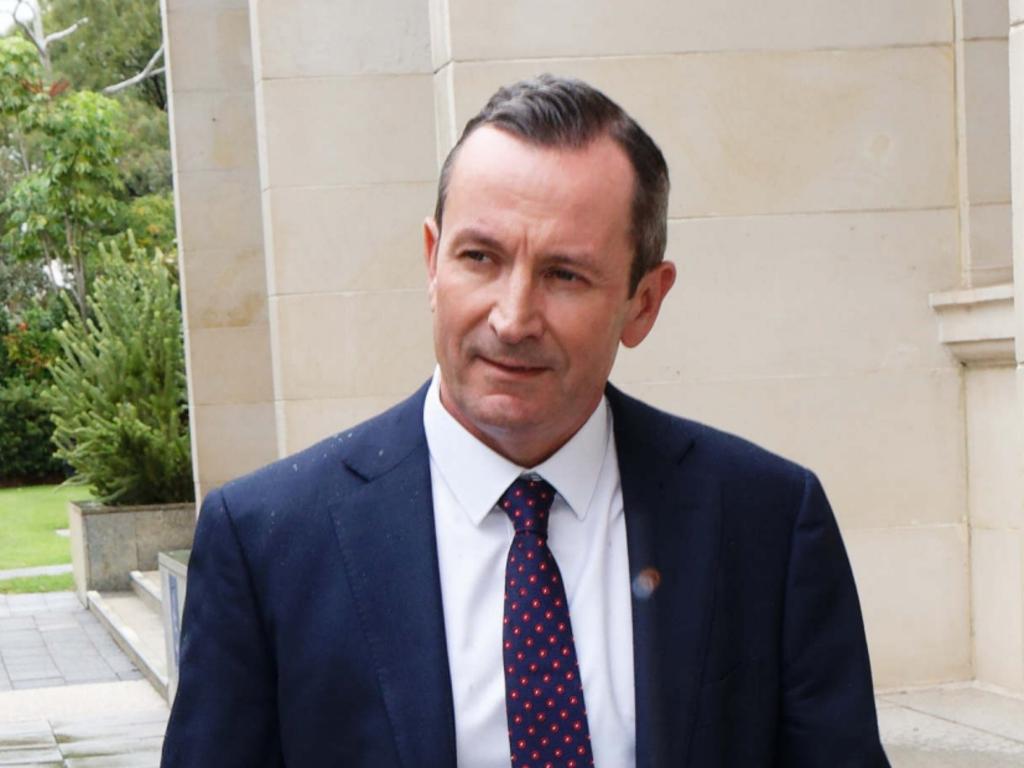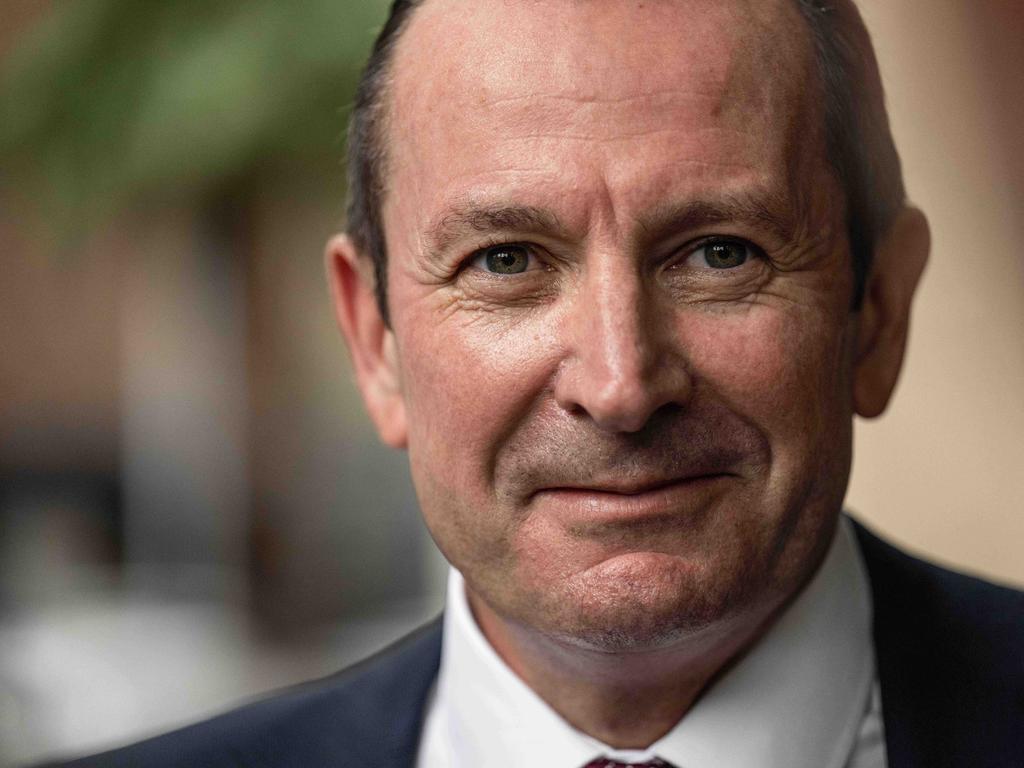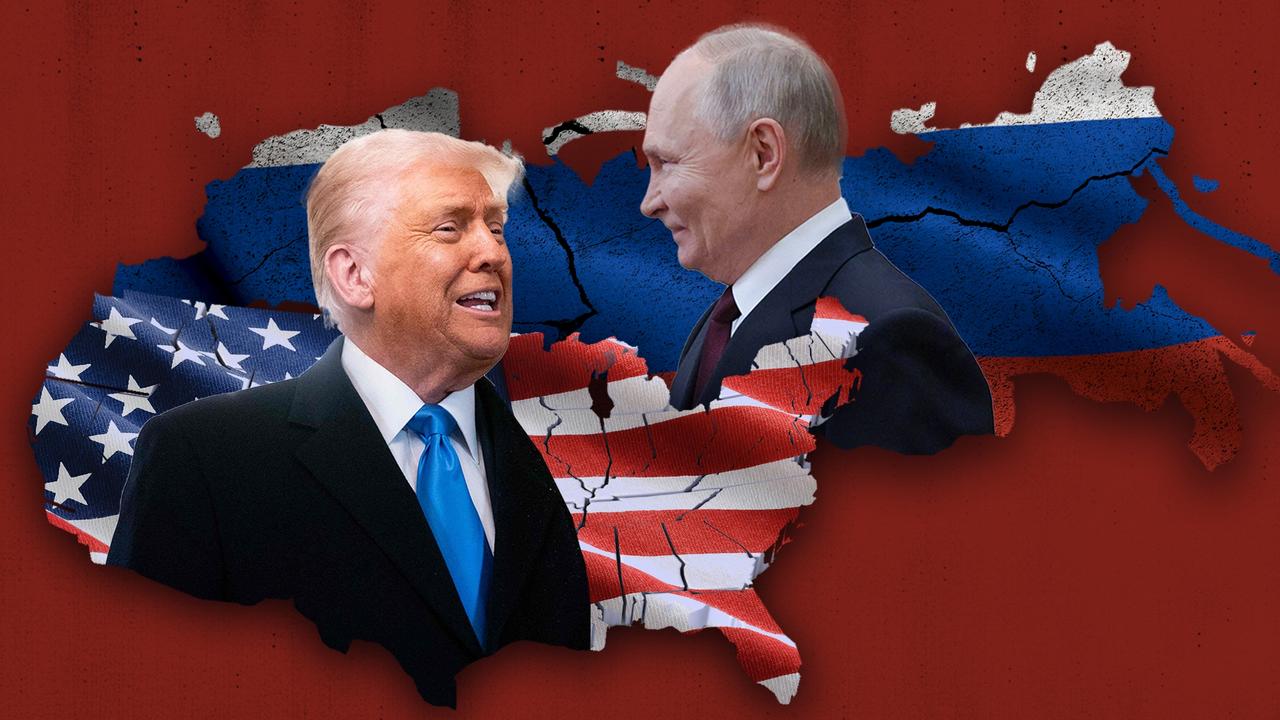WA budget: Splash-the-cash Mark McGowan faces GST backlash
Western Australia’s bumper budget allows the Premier to spend $445m to give all households a $400 electricity credit.
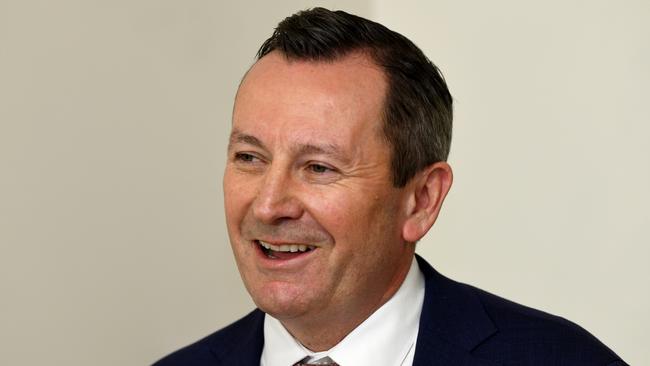
Western Australia is bracing for a backlash from the rest of the country over its share of the GST after Premier Mark McGowan handed down another bumper budget.
WA on Thursday announced a $5.7bn operating surplus for 2022, down slightly from the record $5.8bn posted a year ago, as billions of dollars of extra iron ore royalties and GST grants again delivered a major windfall.
The government will spend $445m giving all WA households a $400 electricity credit to help address cost-of-living pressures, while $2.5bn of additional funding has been directed to tackling problems in the state’s health system.
WA’s is the only government in the country running a surplus, and the figures will only provide further ammunition for the rival states calling for a review to be brought forward into the methodology behind the GST carve-up.
The overhaul of the GST announced in 2017 guarantees WA 70c of every dollar of GST revenue it generates, rising to 75c in the dollar by 2025. Modelling released by WA Treasury on Thursday estimated that WA’s retained GST share would have fallen to just 1c in the dollar by 2024 under the old system.
While Prime Minister Scott Morrison and Opposition Leader Anthony Albanese have vowed not to bring forward a scheduled review into the carve-up, Mr McGowan said the state’s latest finances would further agitate his fellow premiers and treasurers.
“I suspect they will be green with envy. Some of them will look like they swallowed a bumblebee,” Mr McGowan said. “But the reality is that WA has supported all of them during a difficult period by staying open and delivering enormous revenue to the commonwealth that has then flowed to the other states.
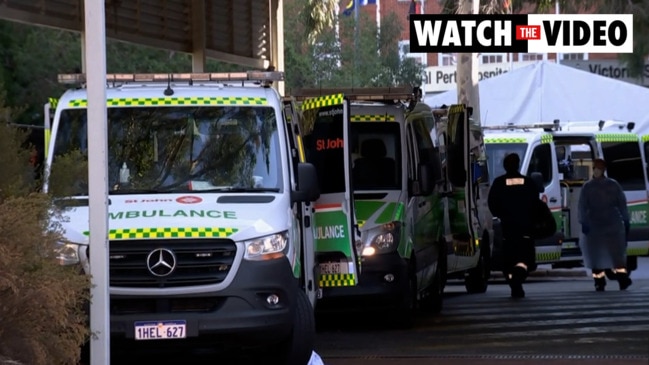
“They haven’t suffered a single cent loss in revenue out of the GST deal. So if their finances, despite them selling off all their assets, are in a dire strait, they need to look in the mirror.”
The budget position was again further amplified by another bumper year for the state’s iron ore industry. Mining royalties delivered $11.5bn to the state this year, with $10.3bn of that coming from iron ore. The state also received $5.4bn in GST grants and is expected to receive another $5.9bn in the coming year.
The state expects its operating surplus to dip to $1.6bn next year, although that projection was based on an assumed average iron ore price of just $US77.50 per tonne. It currently fetches just under $US120 a tonne.
The latest budget surplus has helped WA’s net debt fall by more than $3.5bn and is now below $30bn for the first time since 2015. The state’s net debt is now almost $14bn less than the peak that was projected when Mr McGowan came to power in 2017.
The latest mining boom has helped make WA the strongest economy in the nation, with the state’s unemployment rate of 3.4 per cent the lowest in Australia.
But the state is also suffering from the highest inflation rate in the country, with the most recent quarterly inflation figure for WA coming in at 7.1 per cent.
WA had previously announced a wage rise of $2.5 per cent plus a $1000 sign-on bonus for public sector workers.
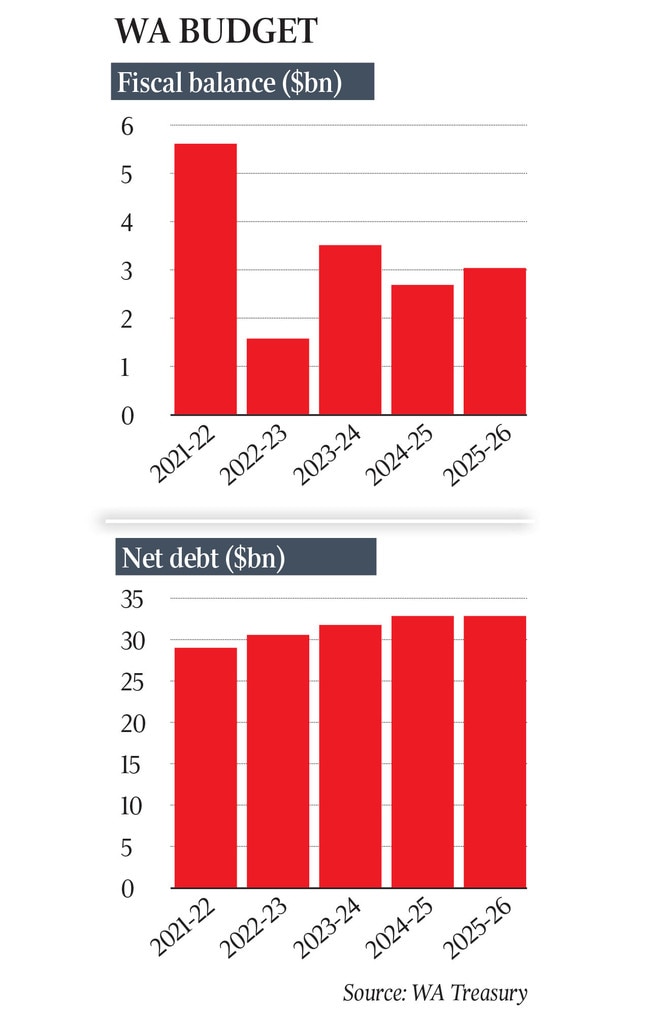
Despite the latest budget windfall, the government opted against a freeze on rates and charges.
Those costs will increase by around 2.5 per cent, although Mr McGowan said he expected the extra $44-a-year in charges for a typical home would pale against the $400 electricity credit.
“Your average household will have nearly three months without having to pay for electricity at a time when cost-of-living pressures are there for everyone,” he said.
“At the same time we are investing in health, we are driving down debt, we are reducing our interest bill, we are diversifying the economy, we are investing in climate initiatives.
“We are doing many things at once including addressing cost of living pressures for households.”
Opposition Treasury spokesman Steve Thomas said the surplus was the result of record revenues rather than good financial management, and said the government had wasted the chance to make structural improvements to the economy.
“The only time you can engage in economic reform is when you have the cash reserve to do so, and our state will never have a better opportunity than right now,” Dr Thomas said.
“Sadly the budget released today does nothing in the area of economic or tax reform, making it again a huge missed opportunity.”


